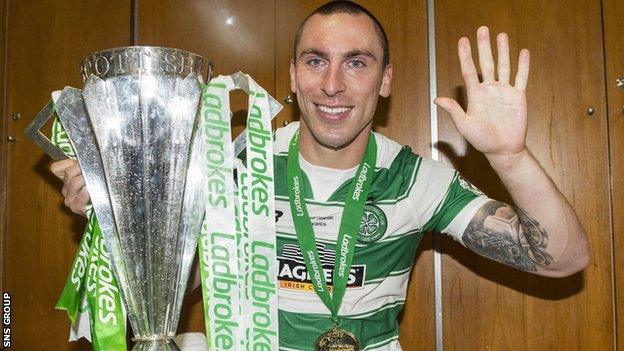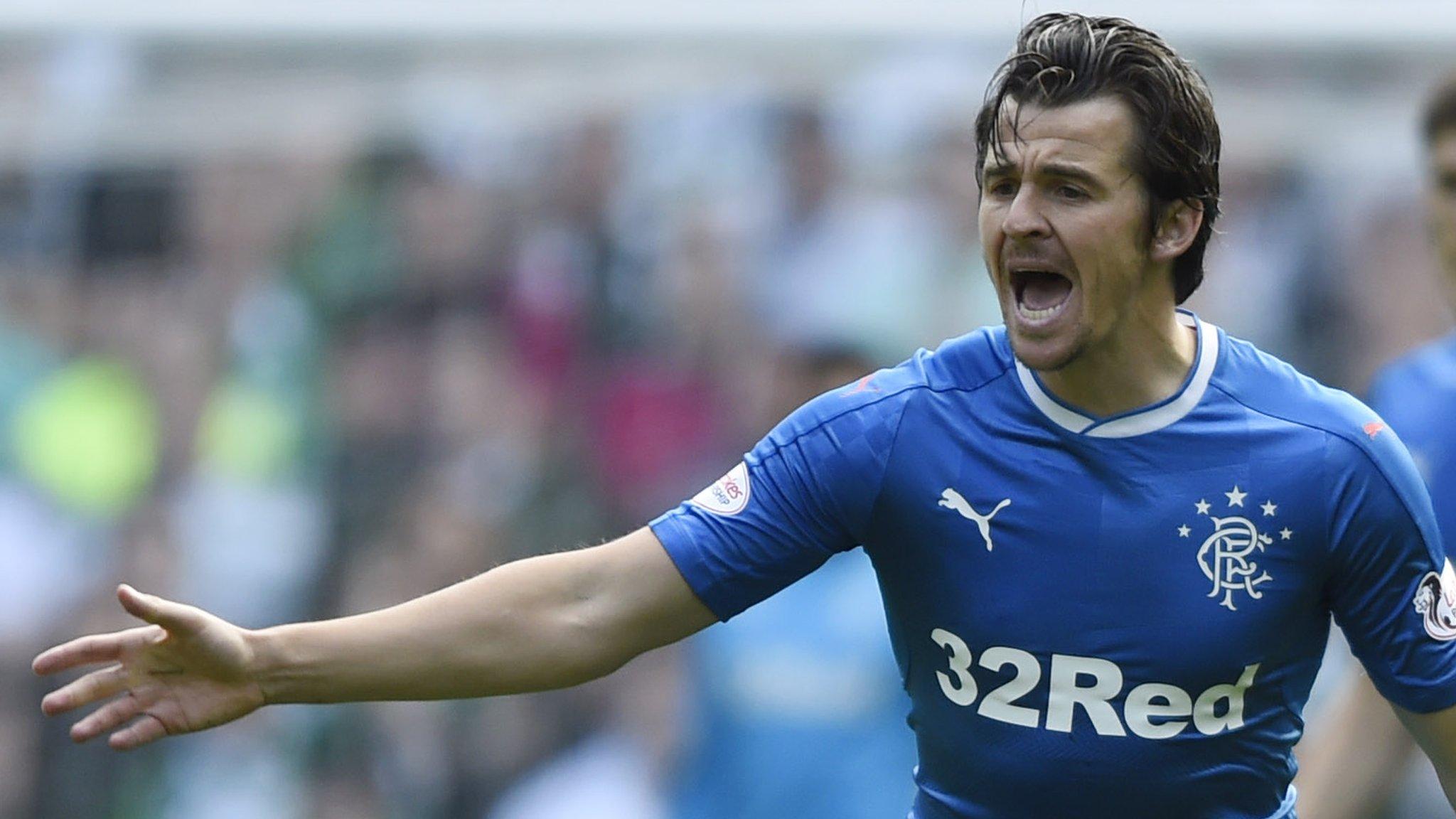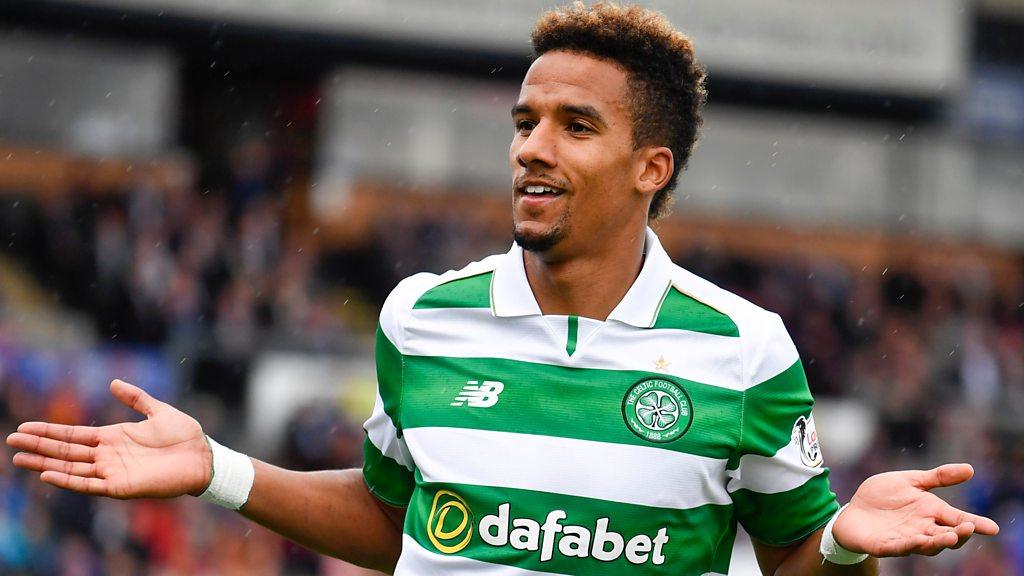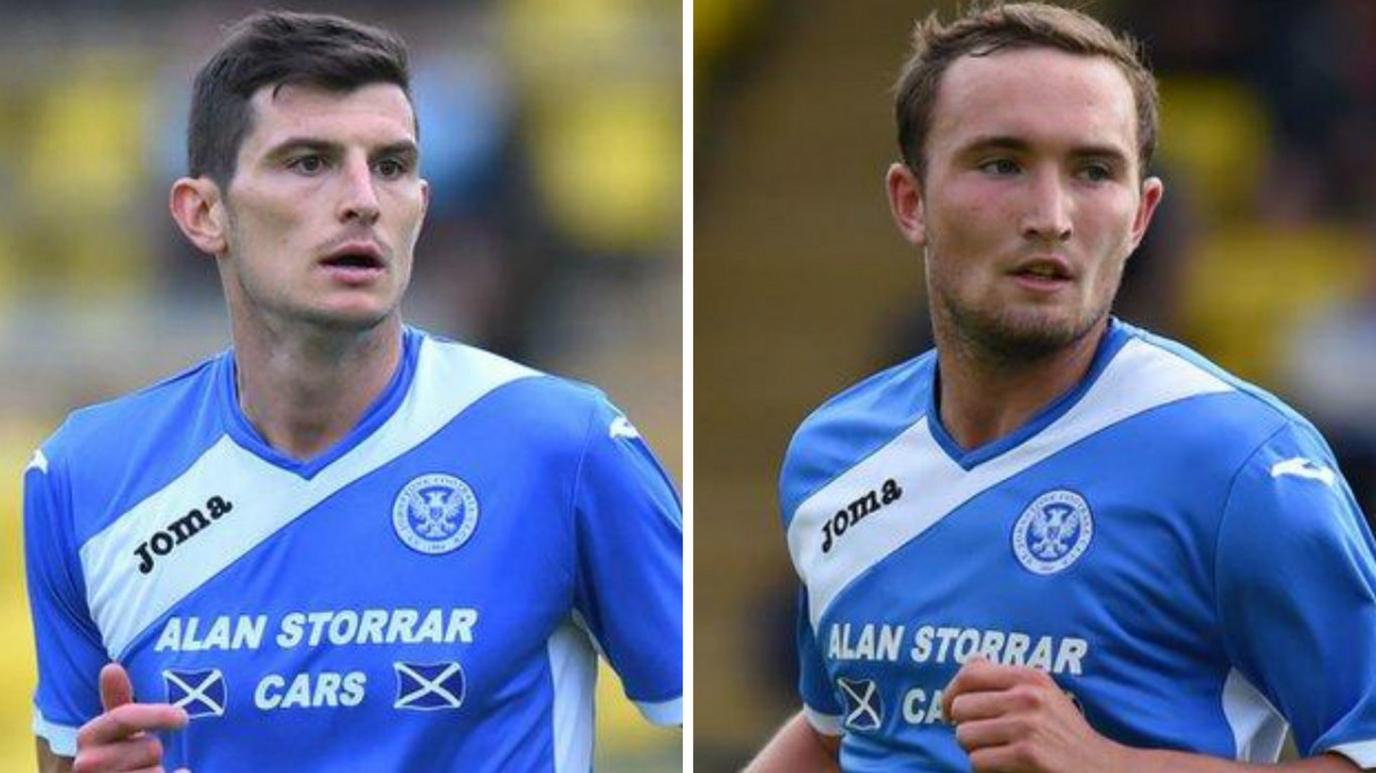Celtic reveal return to profit with annual figures
- Published

Celtic made it five titles in a row last season
Celtic have announced a profit of £500,000 for the financial year ending on 30 June, compared with a loss of nearly £4m in the previous 12 months.
Player sales rose from nearly £7m to £12.6m, thanks to Virgil van Dijk's move to Southampton.
Revenue rose 2% to £52m, while operating expenses were up 7% to £57m.
Chief executive Pater Lawwell stressed the "paramount importance" of reaching the Champions League group stage after missing out in the last two years.
Celtic won a fifth consecutive league title last season but did not reach the final of either domestic cup and exited the Europa League without winning a group match.
'Top of the game'
Apart from the sale of players, the loss on operations rose from £2.2m to £5.1m. Much of this was explained by the cost of football and stadium operations going up from £44m to £47m, while income in that category fell from £28m to £25.1m.
The surplus from merchandising, such as replica shirts, changed little at £4.7m, though on higher revenue of £12.5m.
The surplus from multimedia and other commercial activities was £3m higher than in the 2014-15 accounts, at £12.1m.
Chairman Ian Bankier, commented: "Following two seasons in which the club did not qualify for the Group Stages of the UEFA Champions League, the increased contribution from player trading enabled the company to maintain investment in football operations and to continue to build for the future.
"The board continues to believe that the company's self sustaining financial model provides the necessary stability to preserve the long term future of the Club and player trading remains an important element of that model".
Peter Lawwell, the chief executive, said: "For a club like Celtic, operating in a market where television values have fallen significantly behind our neighbours across Europe, qualification for the group stages of the UEFA Champions League is of paramount importance.
"The financial rewards allow for investment in the playing squad and physical assets, but moreover, the prestige of participating in the premier club competition in the world reinforces the reach and importance of the club to so many people around the world.
He added: "Fundamentally, Celtic is a Champions League club; our infrastructure and continued investment reflect that. At a time when the direction of travel in European football is towards elite level clubs, we must remain at the forefront of developments in the game domestically and across Europe.
"Celtic should be at the top of the game in Europe and the board and I have that objective as a priority. We continue to work tirelessly on seeking to improve the football environment in which the club operates."
That is understood to refer to developing ideas for a league structure that would allow Celtic to get more experience of competing with similar clubs outside Scotland, which play in other national leagues with less resource than the major European clubs.
- Published19 September 2016

- Published19 September 2016

- Published23 September 2016

- Published14 January 2018
- Published7 June 2019
